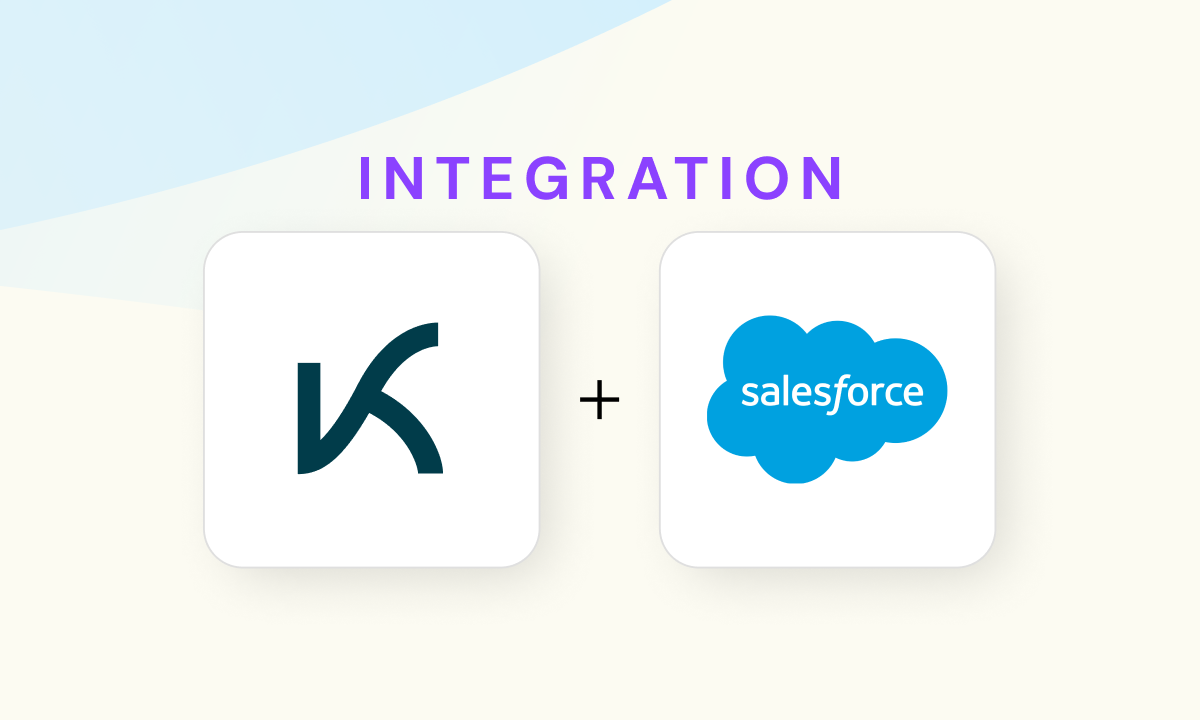
CIOs are increasingly focusing on CX initiatives as they recognize the direct impact on customer engagement, satisfaction, loyalty, and ultimately, business growth. Organizations face a number of challenges in delivering quality customer experiences, such as siloed operations, slow response times, inconsistencies in service quality, and difficulties in delivering personalized interactions to customers at scale.
CIOs can address these challenges with an AI-powered enterprise process automation solution. AI automation platforms leverage autonomous agents with powerful cognitive abilities for faster, more personalized and efficient interactions that exceed customer expectations. Ultimately, this positions organizations for sustainable growth and contributes to competitive advantages.
| Problem Area | Benefit of Enterprise Process Automation |
| Siloed Operations and Fragmented Data | Provides a unified, 360° customer view by integrating workflows across business functions to streamline processes and enable faster resolution |
| Slow Response Times | Removes the burden of repetitive administrative tasks so that time can be reallocated toward improving average handle time |
| Inconsistent Customer Experiences | Leverages generative AI to deliver consistent messaging across all interactions and ensures accuracy through AI guardrails |
| Limited Personalization at Scale | Tailors solutions based on customer data to provide hyper-personalized experiences at scale |
| High Operational Costs | Automates back-end workflows like claims processing and order management to reduce overhead costs |
| Fraud Risks and Compliance | Embeds compliance checks into workflows, flags suspicious transactions, and adheres to regulatory requirements like GDPR, HIPAA, SOC 2 Type 2, etc. |
| Handling Large Volumes of Inquiries | Scales operations by intelligently distributing tasks among AI agents and human employees for continuous service even during demand spikes |
| Employee Burnout and Retention Issues | Reduces repetitive tasks and empower employees to focus on strategic activities that improve job satisfaction and retention rates |
Siloed Operations and Fragmented Data
Disconnected, legacy systems lead to inconsistent customer experiences. Data fragmentation results in longer resolution times and frustrated customers who have to repeat their actions across multiple touch points. These challenges are exacerbated by siloed operations, outdated workflows, and limited integration between departments, which make it difficult to deliver seamless customer service.
AI automation integrates workflows across systems and departments for a 360° view of the customer. As AI agents automate routine tasks, team members’ time is freed up to focus on complex, high-value interactions, and organizations can deliver seamless customer experiences consistently.
Slow Response Times
Delayed response times can severely undermine customer satisfaction and loyalty, with research showing that 90% of customers rate immediate responses as important or very important. More often than not, manual responses fail to meet customer expectations, leading to frustration and ultimately customer churn.
Enterprise process automation can streamline workflows, reduce inefficiencies, and enable faster resolution. AI agents operate autonomously across systems, which ensures 24/7 coverage of even the most complex customer inquiries. Using sentiment analysis and predictive insights, agents can dynamically prioritize urgent issues, accelerate response times, and enhance the overall customer experience. This proactive approach helps enterprises meet or even exceed rising customer expectations, improving brand loyalty and reducing operational costs.
Inconsistent Customer Experiences
Studies show that more than 50% B2C customers engage with 3 to 5 channels every time they resolve a request or make a purchase. Inconsistent customer experiences—often the result of fragmented messaging and human error—lower satisfaction levels and erode brand trust. However, only a small percentage of companies provide consistent information across multiple channels, leaving their customers disengaged and frustrated.
AI automation serves as a guardrail to ensure consistent messaging for each and every customer interaction, regardless of channel. AI agents help maintain uniform communication standards for customer touchpoints by leveraging generative AI to draft responses that follow the guidelines your organization has outlined.
Limited Personalization at Scale
Personalization at scale is complex and time-consuming when it’s done manually. AI agents can simplify the process in a fraction of the time. Today, consumers want interactions that are reflective of their preferences and draw on their past interactions with a brand. Research from McKinsey indicates that 71% of consumers expect personalized engagement, and 76% are frustrated by generic chatbots or canned responses.
AI agents leverage generative AI to analyze vast amounts of consumer data, such as purchase history and past interactions, to deliver hyper-personalized interactions in real-time. AI automation can integrate multiple customer data sources into a single, unified profile to personalize the customer experience. It also enables enterprises to automate the creation of tailored responses while maintaining efficiency at scale.
High Operational Costs
Customer service operations are persistently plagued by high operational costs, which are often driven by manual processes that inflate expenses. Traditionally, scaling operations required hiring more staff and substantially increasing costs.
AI automation allows organizations to take on more work without adding additional headcount. Further, repetitive tasks are automated, which minimizes human error associated with manual work like data entry, order management, claims processing, and ticket routing. Companies adopting AI agents are able to scale efficiently without compromising on quality of service delivery.
Handling Large Volumes of Inquiries
Organizations often struggle to manage high volumes of customer inquiries, especially during peak periods. This leads to long wait times, frustration, and ultimately, lost opportunities to delight customers.
AI automation scales operations by delegating tasks among AI agents to ensure continuous service, even during demand spikes. Organizations can ensure customers receive timely responses and high service levels while maintaining the same headcount.
Employee Burnout and Retention Issues
High-pressure environments and repetitive, monotonous tasks may lead to employee burnout, resulting in high turnover rates. This impacts service quality while also increasing operational costs due to constant training and onboarding.
By automating these repetitive tasks, AI automation significantly improves job satisfaction and retention rates. A more experienced, satisfied, and engaged employee results in better customer experiences.
A Paradigm Shift to Address CX
AI automation represents a paradigm shift in how organizations approach customer experience enhancement. By addressing key challenges such as siloed operations, slow response times, and the need for personalization at scale, enterprise process automation empowers CIOs to deliver exceptional customer experiences while optimizing operational efficiency. As companies continue to prioritize CX, AI automation becomes a crucial tool in delivering memorable customer experiences.
For forward-looking CIOs tasked with improving CX management, Kognitos offers an end-to-end solution that can improve customer experience, without sacrificing IT governance. If you’re assessing AI automation, reach out to the Kognitos team for a personalized demo or explore our solutions.

Discover the Power of Kognitos
Our clients achieved:
- 75%manual data entry eliminated
- 30 hourssaved on invoicing per week
- 2 millionreceipts analyzed per year



